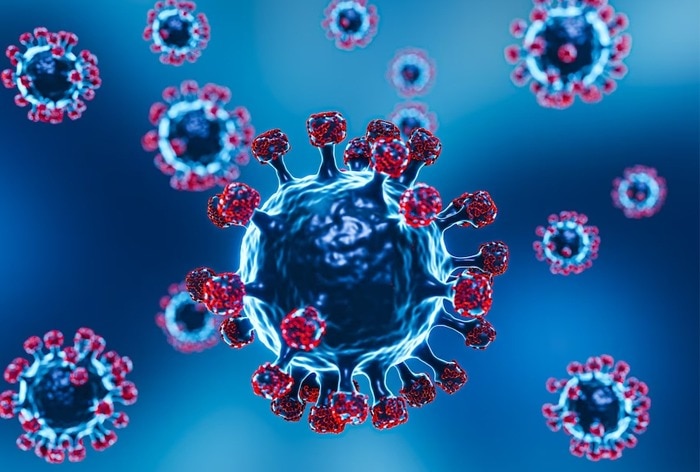Humans become infected with MERS coronavirus through direct or indirect contact with dromedaries, which are the natural host and zoonotic source of MERS-CoV infection.
New Delhi: The World Health Organization (WHO) confirmed a case of Middle East respiratory syndrome coronavirus (MERS-CoV) in Abu Dhabi, United Arab Emirates. A 28-year-old man from the city of Al Ain tested positive for MERS-CoV and was admitted to hospital last month. The 108 identified people who came into contact with the man were traced and none of them showed any symptoms of the infection.
“The patient was admitted to the hospital on June 8. He had a nasopharyngeal swab collected on June 21 and tested positive for MERS-CoV by polymerase chain reaction (PCR) on June 23. The 108 identified contacts were monitored for 14 days from the last date of exposure to the MERS-CoV patient. No secondary cases have been detected to date,” the WHO said in a statement.
What is MERS-CoV?
Middle East respiratory syndrome (MERS) is a viral respiratory infection caused by a coronavirus called Middle East respiratory syndrome coronavirus (MERS-CoV). Humans become infected with MERS-CoV through direct or indirect contact with dromedaries, which are the natural host and zoonotic source of MERS-CoV infection.
MERS Coronavirus: Symptoms
- MERS-CoV infections range from mild or asymptomatic respiratory symptoms to severe acute respiratory illness and death.
- A typical presentation of a person with MERS-CoV disease is fever, cough, and shortness of breath.
- Pneumonia is a common finding, but not always present.
- Gastrointestinal symptoms, including diarrhea, have also been reported.
MERS coronavirus can cause serious infections
The MERS coronavirus appears to cause more severe illness in older people, people with weakened immune systems, and people with chronic illnesses such as kidney disease, cancer, chronic lung disease, and diabetes.
Severe disease can cause respiratory failure requiring mechanical ventilation and support in an intensive care unit, resulting in high mortality.
MERS Coronavirus: Is the infection deadly?
MERS-CoV infection can cause severe disease in humans, resulting in high mortality. Approximately 35 percent of MERS-CoV patients have died, but this may be an overestimate of the true mortality rate, as existing surveillance systems may miss mild MERS-CoV cases. Until more is known about the disease, case fatality rates are counted only among laboratory-confirmed cases reported to WHO.
Is there any treatment or vaccine available?
There is currently no vaccine or specific treatment available, although several specific vaccines and treatments are under development for MERS-CoV. The treatment is supportive and is based on the clinical condition of the patient.
Published Date: July 25, 2023 12:18 PM IST
Updated Date: July 25, 2023 12:20 PM IST
–>
–>
Don’t miss the latest updates.
Sign up for our newsletter today!


